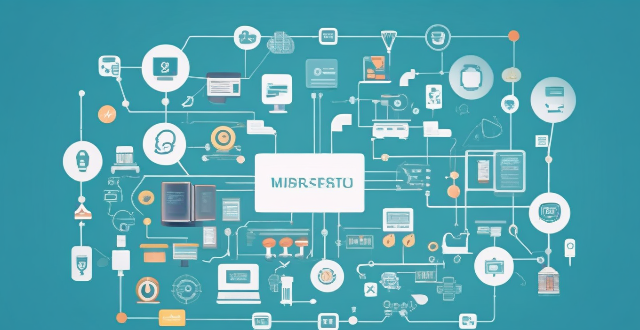This article compares the efficiency of wireless and wired charging methods for electronic devices. It outlines the advantages and disadvantages of each method, including convenience, speed, reliability, heat generation, and compatibility. While wireless charging offers greater convenience and portability, wired charging is generally more efficient in terms of power transfer, charging speed, and heat generation. Personal preferences and specific needs should be considered when choosing between these two options.

Is Wireless Charging as Efficient as Wired Charging?
Wireless charging has become increasingly popular in recent years, with many smartphones and other devices supporting this feature. However, there is still some debate about whether wireless charging is as efficient as wired charging. In this article, we will explore the efficiency of both methods and compare them to help you make an informed decision.
Overview of Wireless Charging
Wireless charging, also known as inductive charging, uses electromagnetic fields to transfer energy between two objects. This technology allows devices to be charged without the need for physical connections, making it more convenient and portable.
Advantages of Wireless Charging
- Convenience: No need to plug in your device, making it easier to charge on the go.
- Portability: Can charge multiple devices at once without having to carry around numerous cables.
- Compatibility: Many newer devices support wireless charging, making it a versatile option.
Overview of Wired Charging
Wired charging involves connecting a device to a power source using a cable or cord. This method has been used for decades and is still the most common way to charge electronic devices.
Advantages of Wired Charging
- Speed: Generally faster than wireless charging, especially when using fast charging technologies.
- Reliability: Direct connection ensures a stable power transfer with minimal loss.
- Affordability: Typically less expensive than wireless charging solutions.
Comparing Efficiency
Now let's compare the efficiency of wireless and wired charging based on several factors:
Power Transfer Efficiency
- Wireless Charging: The efficiency of wireless charging can vary between 60% and 80%, depending on the distance between the charger and the device, alignment, and other factors.
- Wired Charging: Wired charging generally has higher efficiency rates, often above 90%, due to direct contact between the device and power source.
Charging Speed
- Wireless Charging: Slower charging speed compared to wired charging, especially when not using fast wireless charging technologies.
- Wired Charging: Faster charging speed, particularly when using fast charging options like Quick Charge or USB Power Delivery.
Heat Generation
- Wireless Charging: Can generate more heat during the charging process, which can affect battery life and performance over time.
- Wired Charging: Generally produces less heat than wireless charging, leading to better long-term battery health.
Compatibility and Versatility
- Wireless Charging: Offers greater convenience and portability but may require specific chargers for different devices.
- Wired Charging: More reliable and universally compatible but requires carrying multiple cables for different devices.
Conclusion
In conclusion, while wireless charging offers convenience and portability, wired charging remains more efficient in terms of power transfer, charging speed, and heat generation. However, personal preferences and specific needs should also be considered when choosing between these two options.